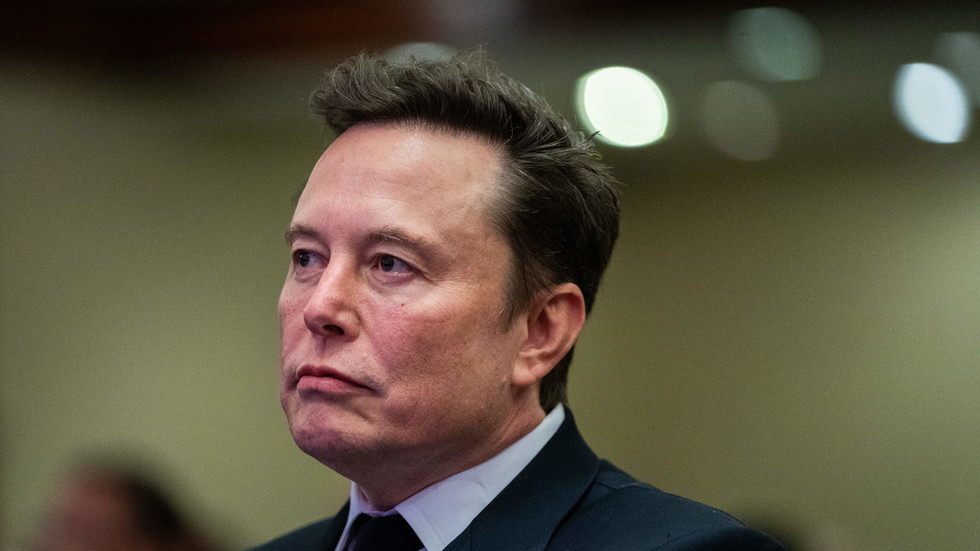In a significant political development, President Joe Biden’s decision to pardon his son, Hunter Biden, has stirred controversy and sparked discussions about integrity within the U.S. justice system. Elon Musk, the billionaire entrepreneur and former government efficiency czar appointed by Donald Trump, commented on the matter, questioning the implications of the pardon on America’s integrity. Hunter Biden, who faced multiple legal challenges, had previously been convicted on felony charges related to his gun purchase paperwork and pleaded guilty to tax offenses. Musk’s reaction, echoing concerns raised by other critics, highlighted a potential erosion of trust in governmental processes due to the pardoning of a high-profile individual connected to the president.
Biden’s announcement of a “full and unconditional pardon” for Hunter encompasses offenses that might have occurred during a specified period, suggesting a broad scope of protection against legal repercussions. In his defense, Biden claimed that Hunter’s prosecution was driven by political motives, asserting that it was “selectively and unfairly” conducted. He positioned his son’s legal troubles as a “miscarriage of justice,” implying that the charges were influenced by the Biden family’s political standing rather than by a genuine pursuit of legality.
The reactions to Biden’s move have been varied and passionate. Donald Trump, in a post on his Truth Social platform, criticized the pardon vehemently, labeling it as an “abuse and miscarriage of Justice.” Trump drew attention to the contrast between Hunter Biden’s legal challenges and the treatment of individuals imprisoned for their involvement in the January 6 Capitol riots, suggesting a disparity in justice based on political affiliations. The political rhetoric surrounding the pardon intensified as prominent Republicans voiced their discontent, framing the decision as further evidence of a biased legal system that favors those connected to power.
Musk’s remarks and Trump’s criticisms highlight broader concerns about the state of integrity within the U.S. political and judicial landscape. Musk’s assertion that while drug-related issues may not warrant much care, undermining America’s integrity is a line that should not be crossed underscores the potential ramifications of political nepotism. This sentiment resonates with a portion of the public that views the legal system as increasingly politicized, where the consequences of one’s actions may hinge more on their connections than on their conduct.
The pardon also brings into focus ongoing allegations against Hunter Biden regarding international dealings, with some Republicans suggesting he served as a conduit for corrupt practices tied to foreign nations. Although Biden has categorically denied these claims, the intertwining of family ties and legal affairs continues to be a point of contention. The complexity of these allegations can influence public perceptions and highlight the challenges faced by political figures in divorcing personal affairs from professional responsibilities.
As the political landscape evolves and reactions to Biden’s pardon unfold, questions about accountability and justice persist. The impact of the pardon could extend beyond the immediate legal ramifications for Hunter, potentially affecting how the public perceives government decisions and the legal system as a whole. The interplay between privilege, justice, and political influence remains a critical issue, inviting ongoing discourse about the integrity of American democracy in light of such high-profile cases.

